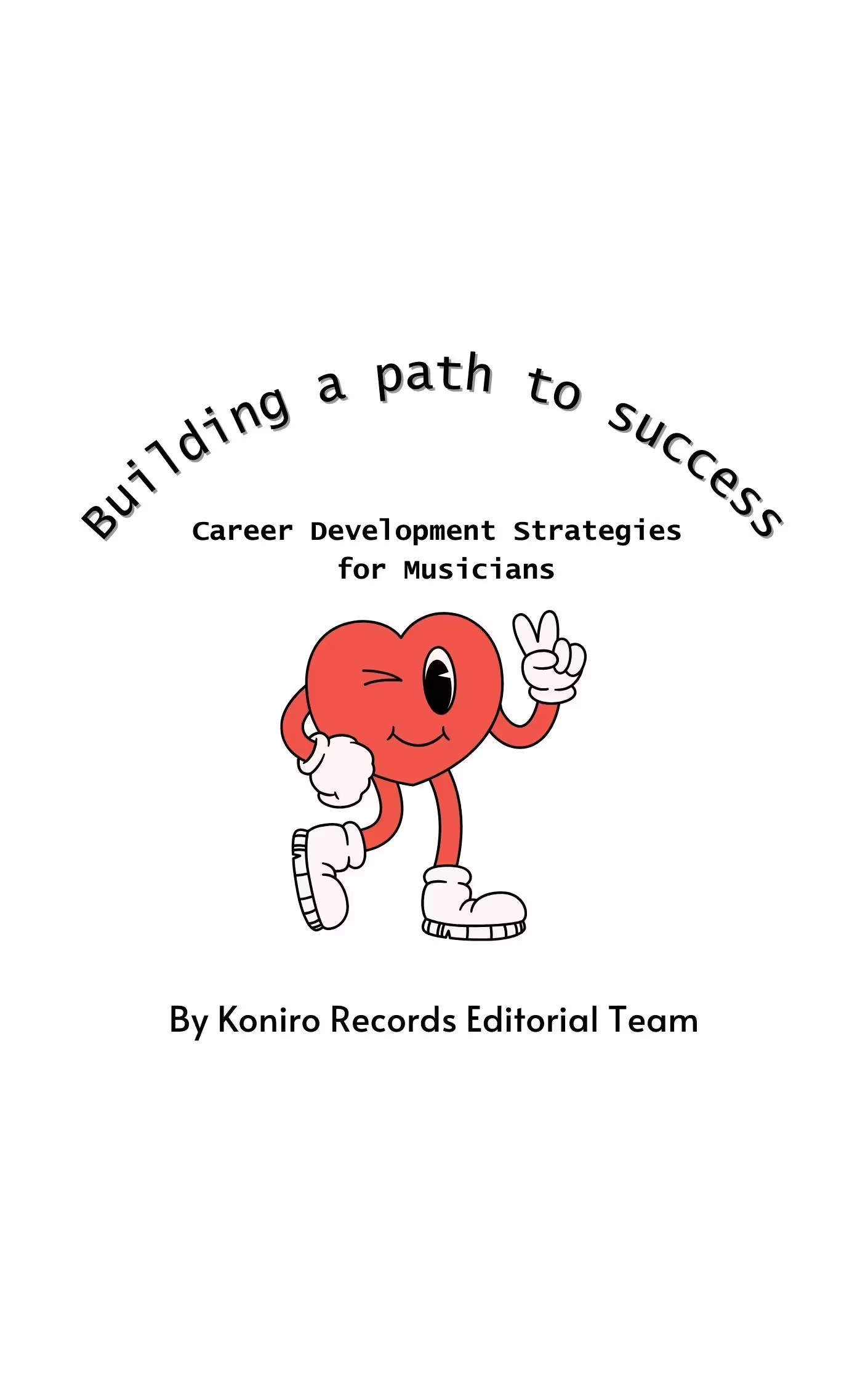Your cart is currently empty!

Building a Music Career: Strategies for Success in the Industry
•
By Koniro Records Editorial Team
Introduction to Music Career Development
The music industry is a competitive and ever-evolving landscape where success is not guaranteed, even for the most talented artists. To stand out from the crowd, musicians need to develop a robust strategy that combines artistic vision, business acumen, and marketing savvy. Koniro Records is dedicated to helping musicians build a successful career in the music industry. In this article, we’ll explore the essential career development strategies for musicians, providing you with a comprehensive roadmap to success.
Understanding the Music Industry Landscape
Before diving into career development strategies, it’s essential to understand the current state of the music industry. The rise of streaming platforms, social media, and indie artists has transformed the way music is created, consumed, and marketed. To thrive in this environment, musicians need to stay adaptable, innovative, and entrepreneurial.

I. Setting Career Goals and Objectives
Defining Your Musical Identity
Your musical identity is the foundation of your brand. It encompasses your unique sound, style, and artistic vision. Take the time to reflect on your inspirations, influences, and creative goals. Ask yourself:
What makes my music unique?
Who is my target audience?
What message do I want to convey through my music?
Setting SMART Goals
SMART goals are Specific, Measurable, Achievable, Relevant, and Time-bound. They provide a clear direction for your career and help you focus on what’s essential. Examples of SMART goals for musicians include:
Release a new single every quarter for the next year
Increase social media followers by 50% within six months
Book at least 10 gigs within the next three months
II. Building Your Professional Network
Networking in the Music Industry
Attend industry events, concerts, and conferences to connect with other musicians, promoters, and industry professionals. These connections can lead to valuable collaborations, gig opportunities, and mentorship.
Joining Musician Communities and Organizations
Look for online forums, social media groups, and local music organizations that align with your genre or interests. These communities provide a platform for networking, feedback, and support.
Leveraging Social Media for Networking
Social media is an essential tool for musicians. Use platforms like Instagram, Facebook, and Twitter to:
Share your music and behind-the-scenes content
Engage with your audience and respond to comments
Collaborate with influencers and other musicians
-
 Consistency Beats Talent: The Music Industry's Secret
Consistency Beats Talent: The Music Industry's Secret -
 The Psychological Barriers Holding Musicians Back (And How to Overcome Them)
The Psychological Barriers Holding Musicians Back (And How to Overcome Them) -
 The Shocking Truth About Making It in the Music Industry (What They Don't Want You to Know)
The Shocking Truth About Making It in the Music Industry (What They Don't Want You to Know) -
 Elevate Your Musical Journey: Koniro Records' Online Course for Aspiring Musicians
Elevate Your Musical Journey: Koniro Records' Online Course for Aspiring Musicians -
 How to Build Your Brand as an Independent Musician: 5 Key Steps
How to Build Your Brand as an Independent Musician: 5 Key Steps
III. Developing Your Brand and Online Presence
Creating a Strong Online Presence
Your website is your digital business card. It should provide an overview of your music, upcoming shows, and contact information. Ensure your website is:
Easy to navigate and visually appealing
Mobile-friendly and optimized for search engines
Regularly updated with fresh content
Building a Consistent Brand Identity
Your brand identity includes your visual aesthetic, tone, and messaging. Develop a consistent brand identity across all platforms, including:
Logo and visual elements
Tone of voice and language
Social media profiles and website
We offer free consultations! Contact us!
IV. Marketing and Promoting Your Music
Developing a Marketing Strategy
Your marketing strategy should be tailored to your unique goals and target audience. Consider:
Email marketing and newsletters
Running social media contests and giveaways
Utilizing paid advertising on social media and Google Ads
Leveraging PR and Media Coverage
Craft a press kit that includes a bio, high-quality photos, and press releases. Reach out to music bloggers, influencers, and local media outlets to secure reviews, interviews, and feature articles.

Beginner Mentorship Program
Beginner Mentorship Program – Short Description
Kickstart your music career with our Beginner Mentorship Program at Koniro Records. Over four weeks, you’ll master the basics of music production, beat-making, and mixing, guided by industry experts. Perfect for aspiring producers looking to build a strong foundation.
V. Nurturing Your Creative Growth
Continuously Improving Your Craft
Set aside time for practice, songwriting, and experimentation. Collaborate with other musicians to learn new skills and gain fresh perspectives.
Staying Open to Feedback and Criticism
Seek feedback from industry professionals, peers, and your audience. Use this feedback to refine your sound, improve your performances, and adjust your marketing strategy.
Conclusion
Building a successful music career requires dedication, perseverance, and a willingness to learn and adapt. By implementing these career development strategies, you’ll be well on your way to achieving your goals and realizing your musical vision. Remember to stay focused, keep learning, and always be true to your art.
Ready to take your music career to the next level? Koniro Records is here to support you every step of the way. Contact us today to learn more about our artist development programs, music production services, and industry expertise. Together, let’s build a successful path to success in the music industry!
-
 Consistency Beats Talent: The Music Industry's Secret
Consistency Beats Talent: The Music Industry's Secret -
 The Psychological Barriers Holding Musicians Back (And How to Overcome Them)
The Psychological Barriers Holding Musicians Back (And How to Overcome Them) -
 The Shocking Truth About Making It in the Music Industry (What They Don't Want You to Know)
The Shocking Truth About Making It in the Music Industry (What They Don't Want You to Know) -
 Elevate Your Musical Journey: Koniro Records' Online Course for Aspiring Musicians
Elevate Your Musical Journey: Koniro Records' Online Course for Aspiring Musicians -
 How to Build Your Brand as an Independent Musician: 5 Key Steps
How to Build Your Brand as an Independent Musician: 5 Key Steps
Discover more from Koniro Records | Proudly independant
Subscribe to get the latest posts sent to your email.